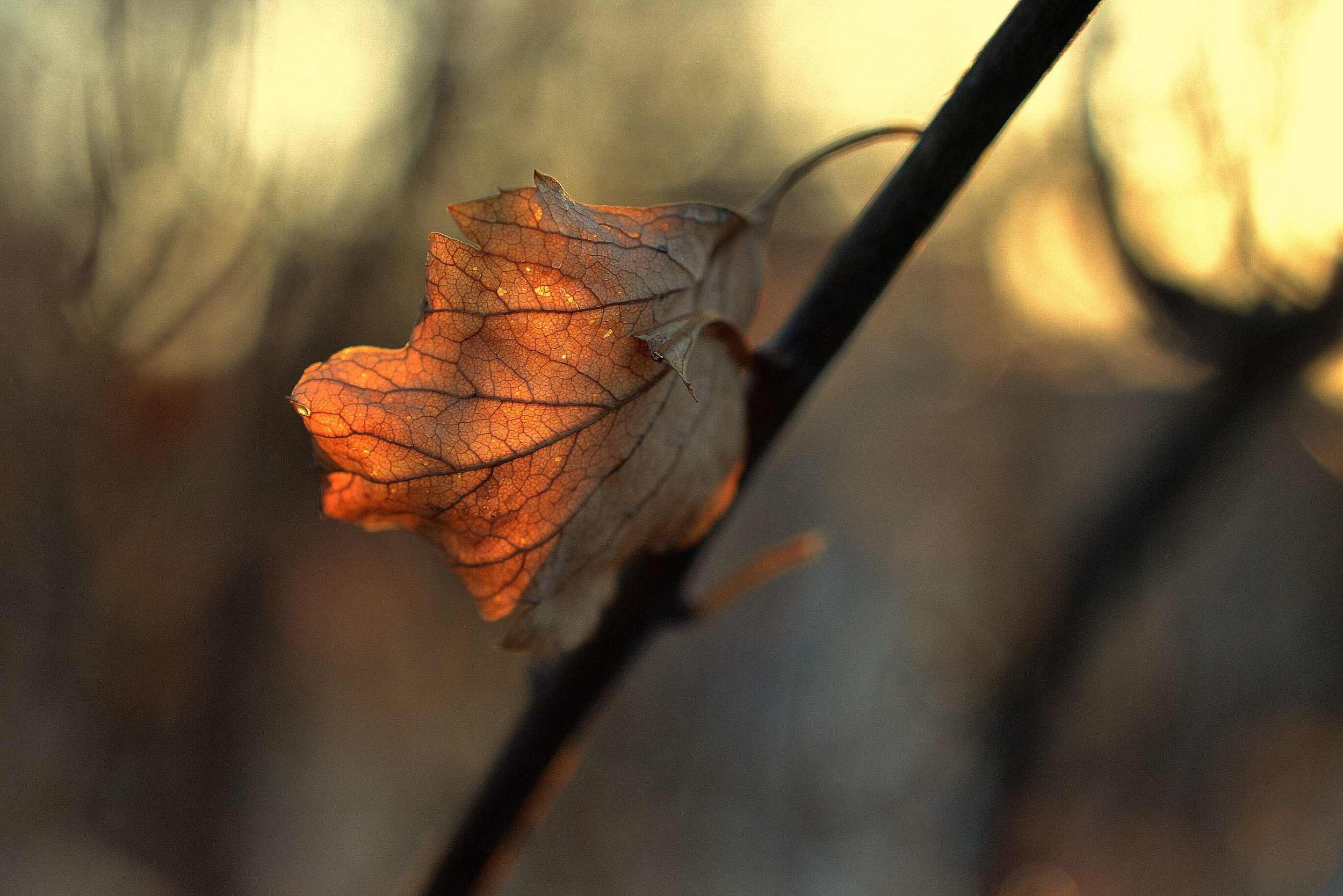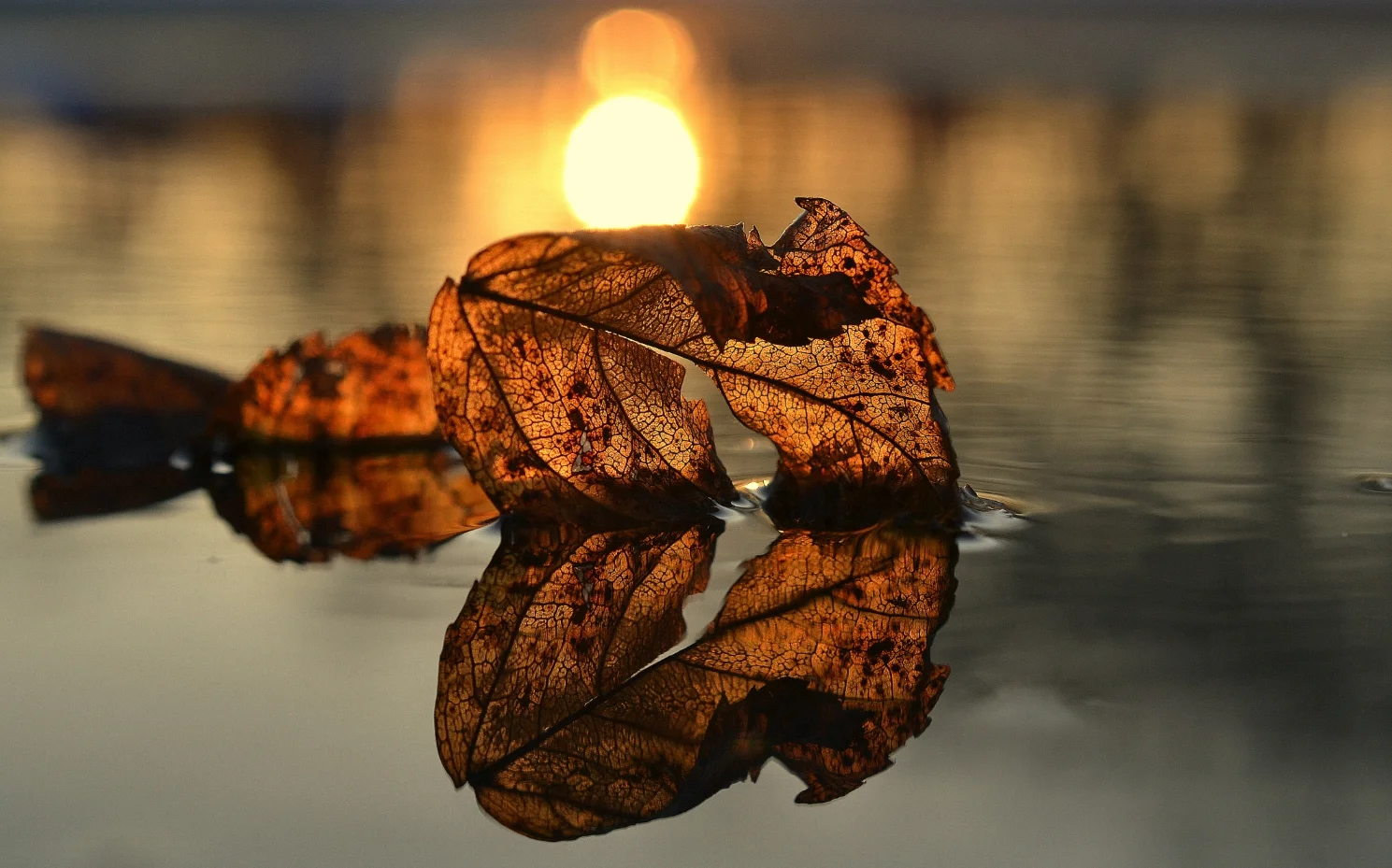In my last years as a professor, I saw something clearly: we give students little space to make mistakes; to mess things up in a safe environment; to experiment, fail, and try again. And now, away from academia, I still see this pattern. We don't often come as we are, we come as we think we should be.
Permission to Just Be
When I teach mindfulness, the first exercise I give is red-light practice: View red lights as an invitation to pause, breathe, and be. Rarely are we told to "stop and take a break," yet red lights do just that. They remind us to pause. Three breaths of awareness can make a big difference. Often, students say, "I wish there were more red lights."
Getting to Know Ourselves
I sit in a prison meditation circle with women, most of whom are incarcerated for drug use. One of these women, typically quiet, chose to share at the end of group: "This is our chance, in this crappy place, to really know ourselves. When I first got here, I had no idea what I liked and enjoyed. All I cared about was using drugs. Now I care about knowing and understanding myself. Prison is our chance to make new choices." This was a powerful statement.
Stop to be Kind
Long ago, a famous study was conducted at Princeton Theological Seminary. Students were randomly assigned to give a talk about job opportunities or about the Good Samaritan bible story. Each was instructed to give his talk in another building, with varying time conditions from “you’re late” to “no rush.” In an alleyway between buildings, each seminary student passed a man, coughing and moaning, while slumped in a doorway. The research question: Which students would stop to help?
Hidden Lives of Courage
In her book, Becoming Wise, Krista Tippett expresses an important truth: “Our world is abundant with quiet, hidden lives of beauty and courage and goodness. There are millions of people at any given moment, young and old, giving themselves over to service, risking hope, and all the while ennobling us all.






